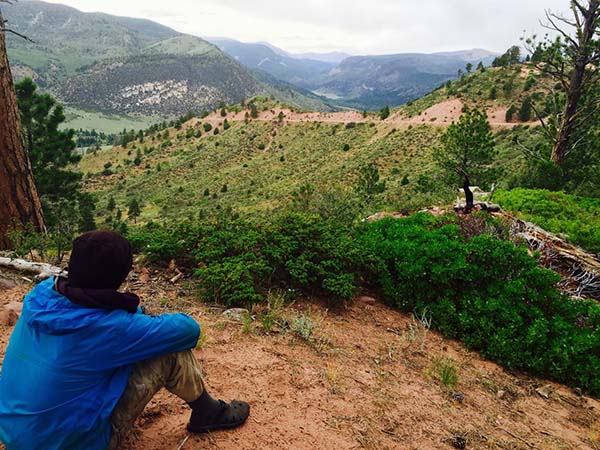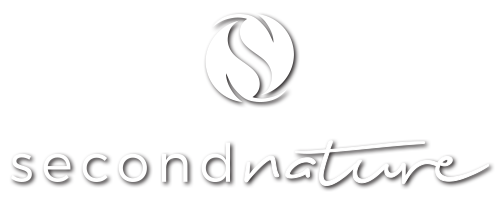Second Nature was founded on a philosophy of cutting-edge clinical treatment, and it remains the most clinically sophisticated nature-based program in the country. Our therapeutic philosophy rests on the notion that the most effective treatment for adolescents requires clinical integration. This means that all aspects of the treatment process are seamlessly interwoven rather than fragmented and compartmentalized. Whereas many programs are structured as such that there is a disconnect between the therapy sessions (conducted by a therapist) and the daily milieu (directed by the field staff), Second Nature sees these two components as interconnected. This is what transforms an experience that would otherwise be outpatient therapy + adventure camp into a true nature-based therapy experience.
Clinically Driven Intervention
While the natural setting provides the framework for daily life, it is the clinically sophisticated approach that allows for the most substantive changes to occur. Second Nature clinicians are among the most experienced and well-respected in the field. When students are first enrolled, they are matched with the therapist and group that best fits their unique therapeutic issues. As such, Second Nature is equipped to serve a wide range of student issues without concern that students will be improperly placed with students whose focus is too dissimilar to theirs. The therapist then develops a unique treatment plan tailored to the specific needs of each student.

The therapists also benefit from a weekly treatment team meeting in which individual cases are staffed and the collective expertise of the clinical team can be utilized. Formal therapy is provided on a weekly basis. The therapist conducts a formal individual session each week (1-2 hours) with each student. Therapist also conduct formal therapy groups each day they are in the field.
Therapists are trained in a variety of empirically supported models, incorporating a variety of effective interventions from Cognitive-Behavioral, Psychodynamic, DBT, Family Systems, Client-Centered, and Developmental theoretical models. It is at this stage, however, where Second Nature diverges from most other programs in order to provide a more comprehensive therapeutic intervention.
Our philosophy rests on the notion that everything that happens throughout the week is a potential therapeutic or learning experience. However, while adolescents can typically be guarded and defended during a formal session with a therapist, they are much more prone to let their defenses down during the routine of daily life with the group. Second Nature capitalizes on this dynamic in order to maximize the internalization of growth and learning. As such there is a highly integrated relationship between the therapist and the field instructors, in which the field instructors become an extension of the clinician. Field instructors are provided ongoing training and supervision under the direction of the therapist, and are responsible for implementing the treatment plan as outlined by the therapist. The therapists regularly invite the Field Instructor assigned to supervise the child for the week into the individual therapy session. This allows the Field Instructors to incorporate the issues identified in the session throughout the rest of the week, and to point out those dynamics in the moment as they emerge. Field Instructors also run daily groups in the days the therapists are not there, and process assignments and other therapeutic objectives. Numerous “mini-groups” are held throughout the day, in which students learn communication tools such as the “I feel Statement,” conflict resolution strategies, emotional management strategies, or to provide support or guidance to fellow students.
One of Second Nature's early innovations to improve therapy is the Milan group. The name (Milan) of this form of group therapy was derived from a model of family therapy in Italy renowned for its effective intervention techniques, including one where clients listened behind a one-way mirror as a group of therapists discussed their case.
At Second Nature, Milan Group includes the therapist, students, and staff both entering and leaving the field at the culmination of the week. This includes a full exchange of information about the student, feedback, and the opportunity for the students to assess their progress from an objective perspective.

Insight and Skill Development
The result of this integrated and clinically sophisticated approach is to produce meaningful change that goes beyond simple behavioral stabilization or a temporary increase in self-esteem. Students are provide guidance to develop substantial insight into the nature and course of their unhealthy patterns, and subsequently the skills to engage in healthier relationships and behaviors. Within weeks, their patterns of avoidance and helplessness are replaced with a sense of adaptability, resilience, and success. The goal of Second Nature is create a message to the student of “I know you can do this.” There is no message more empowering, and the natural result in the internalization of self-respect, self-efficacy, and confidence.

